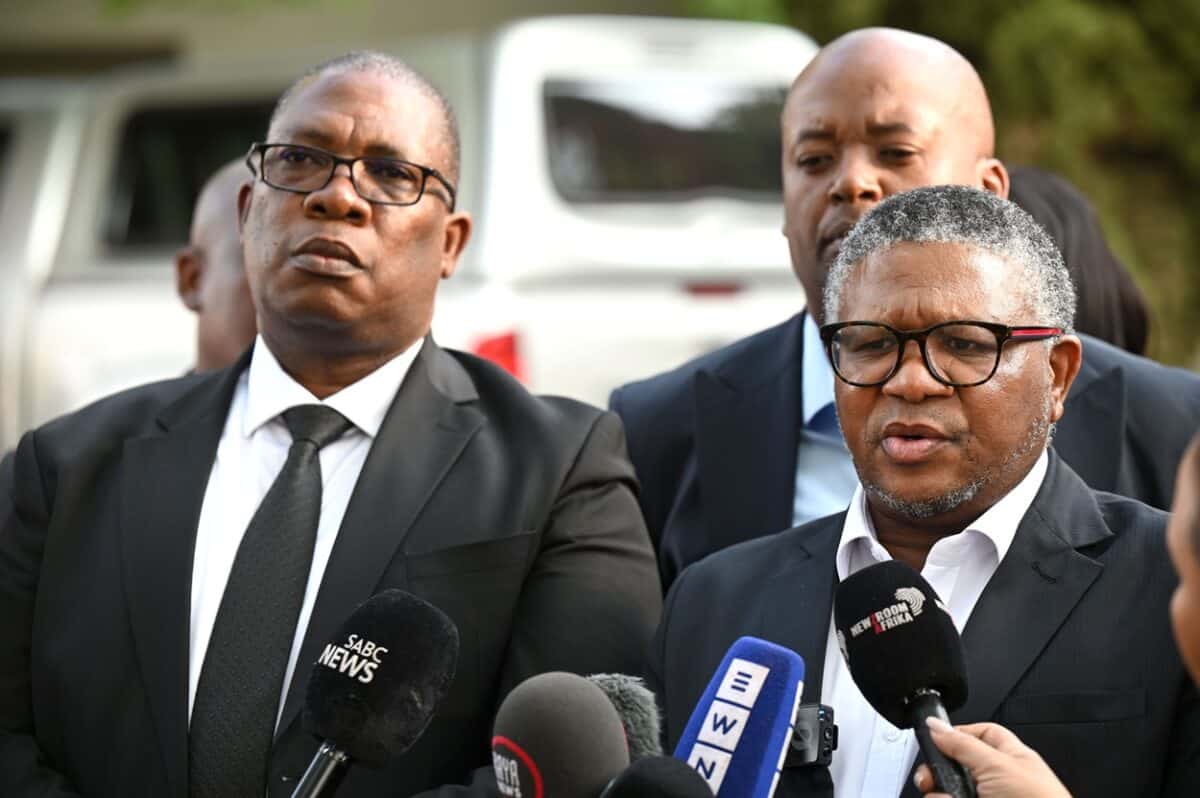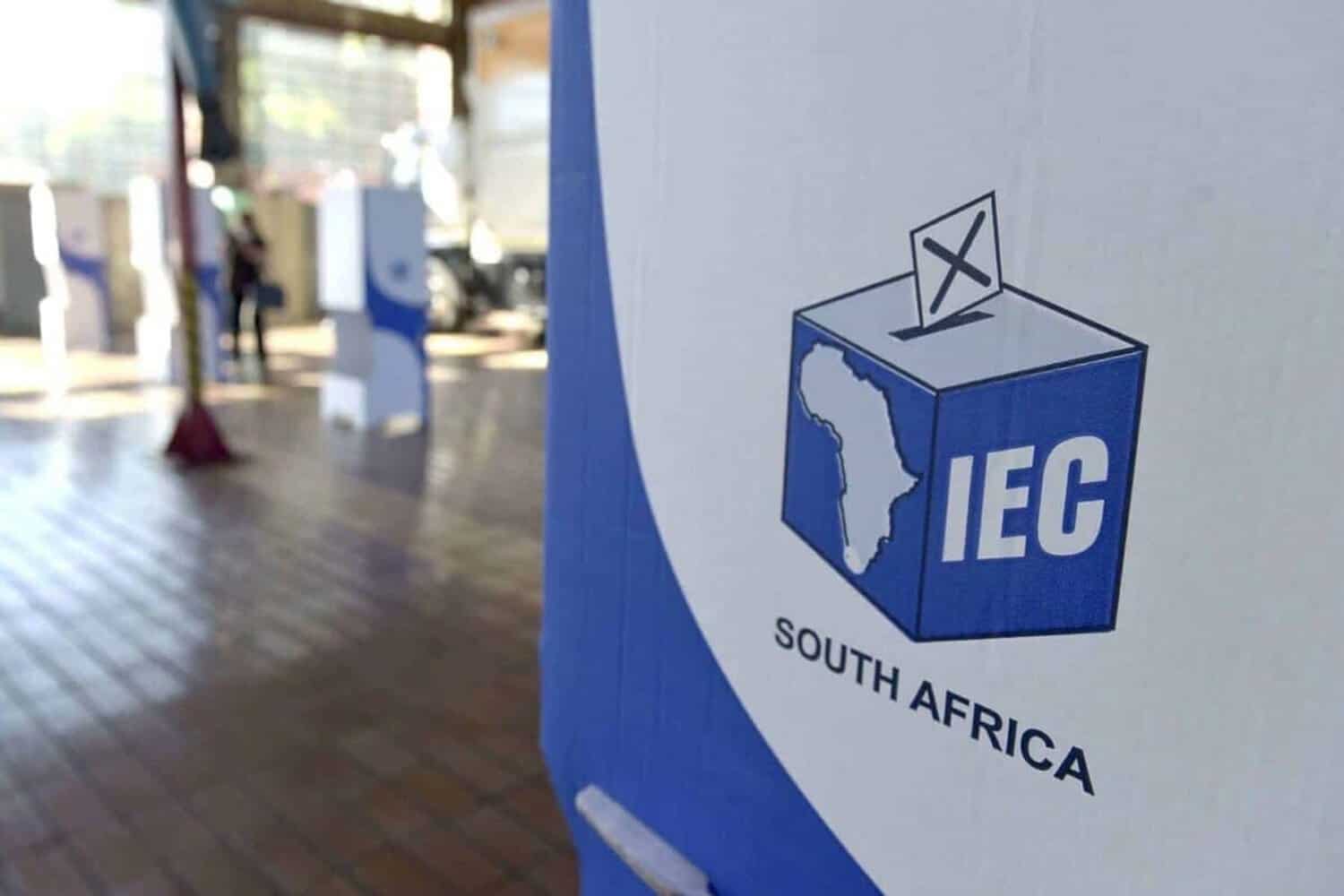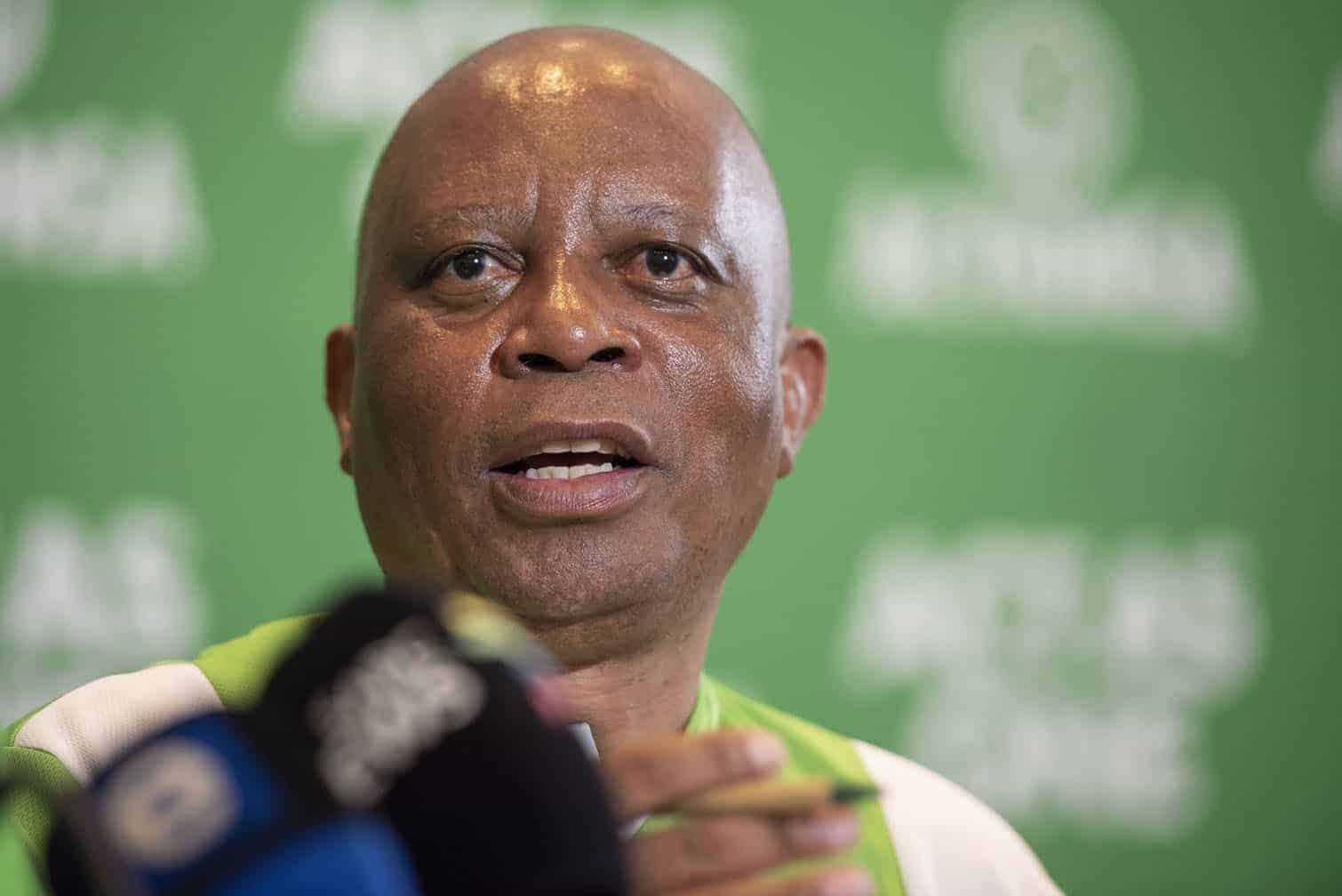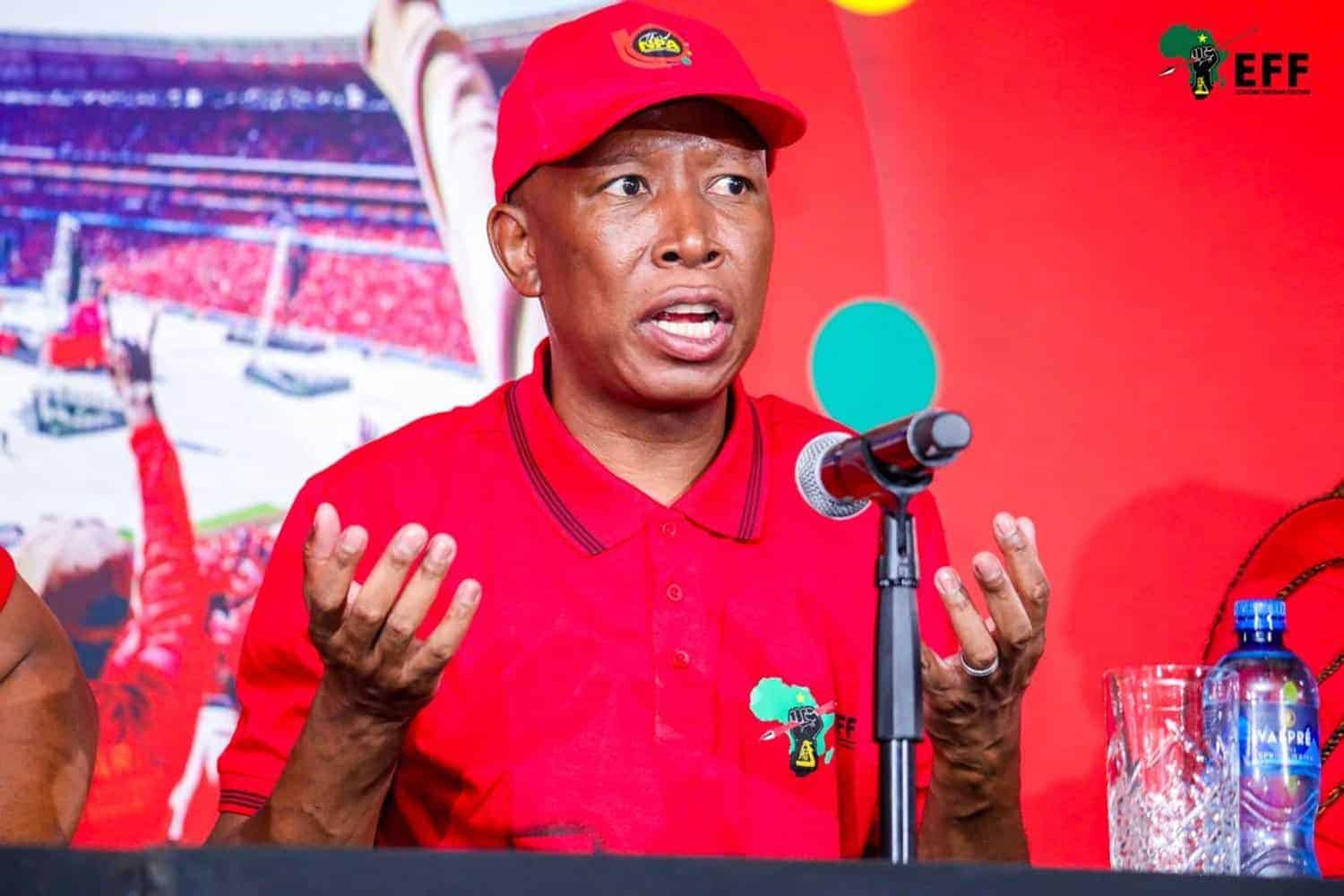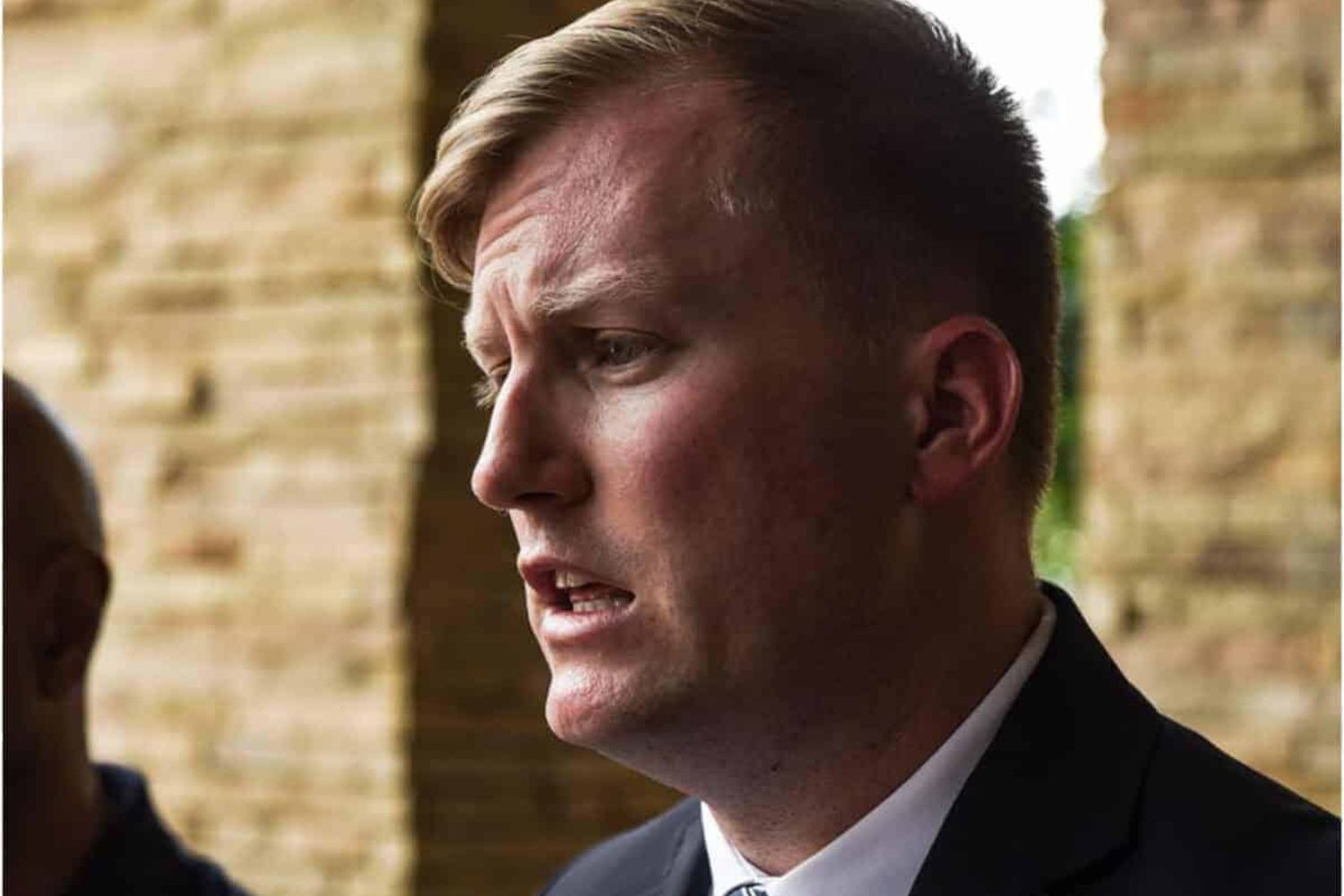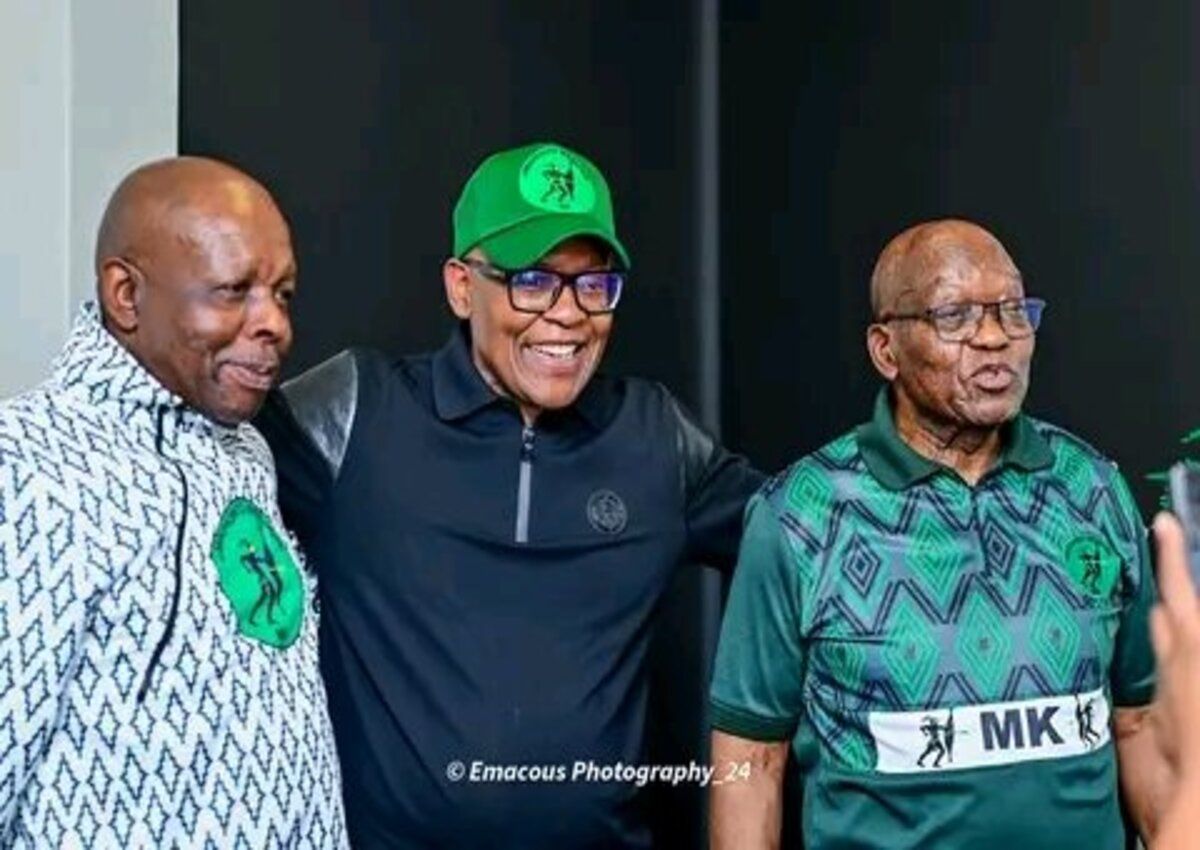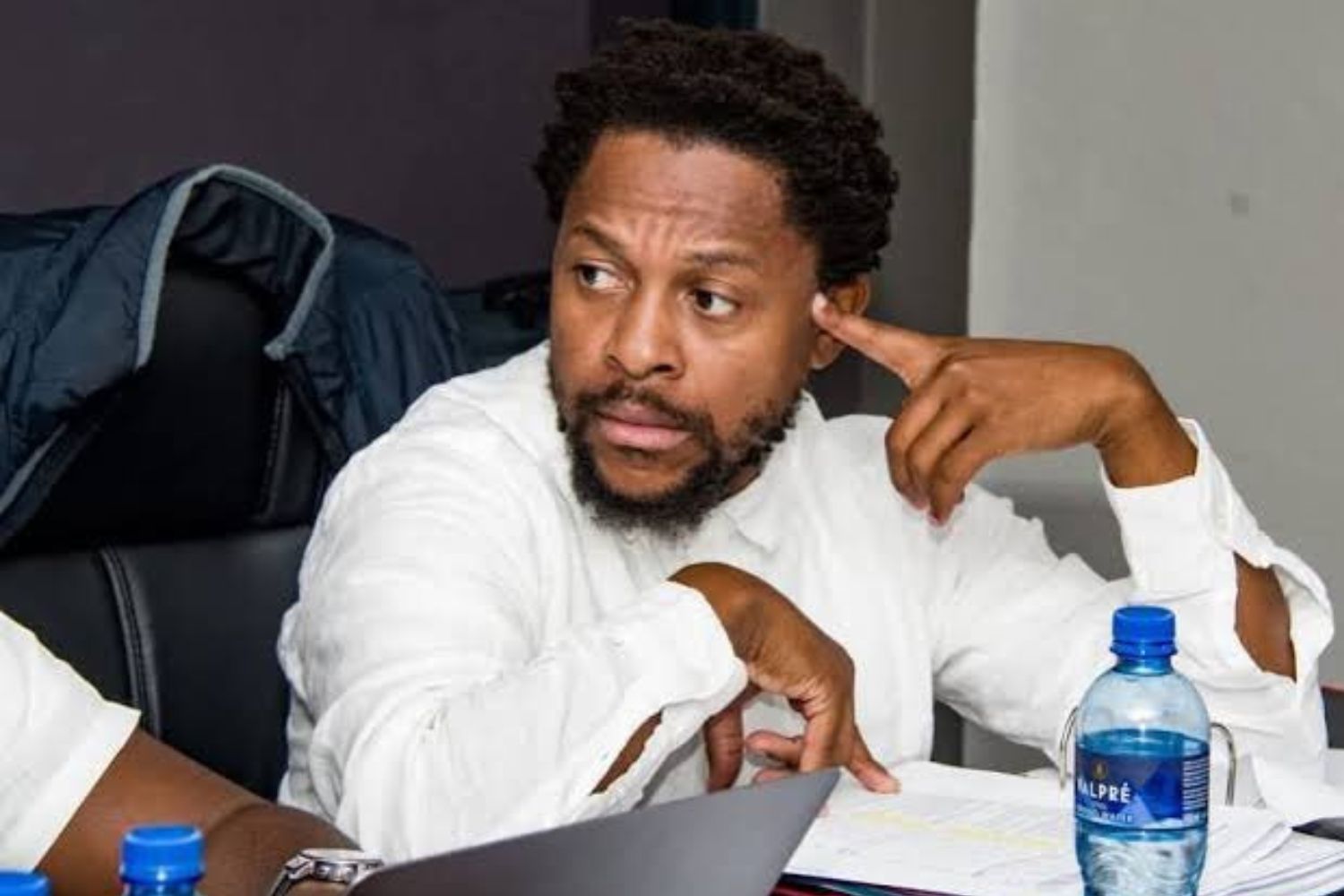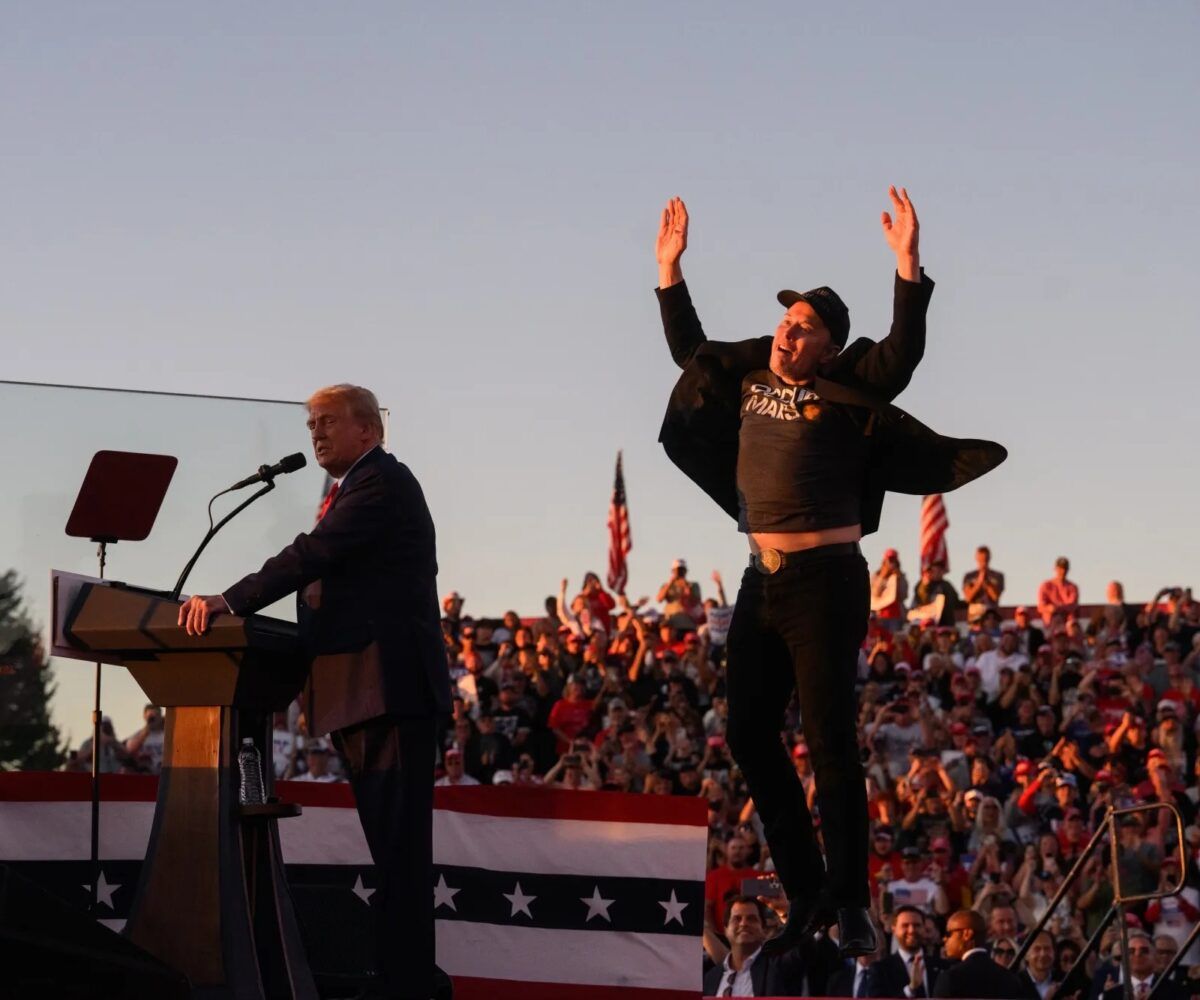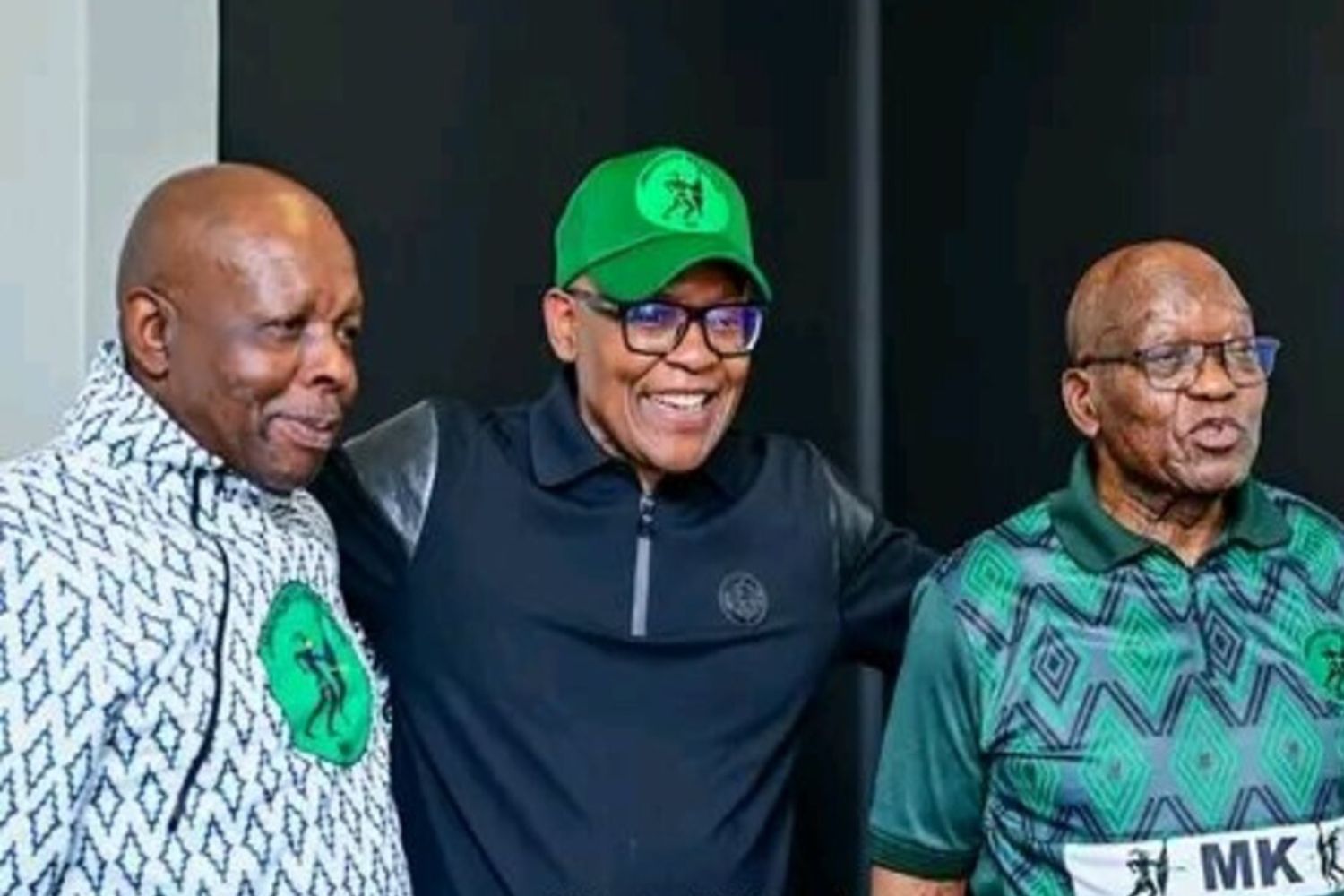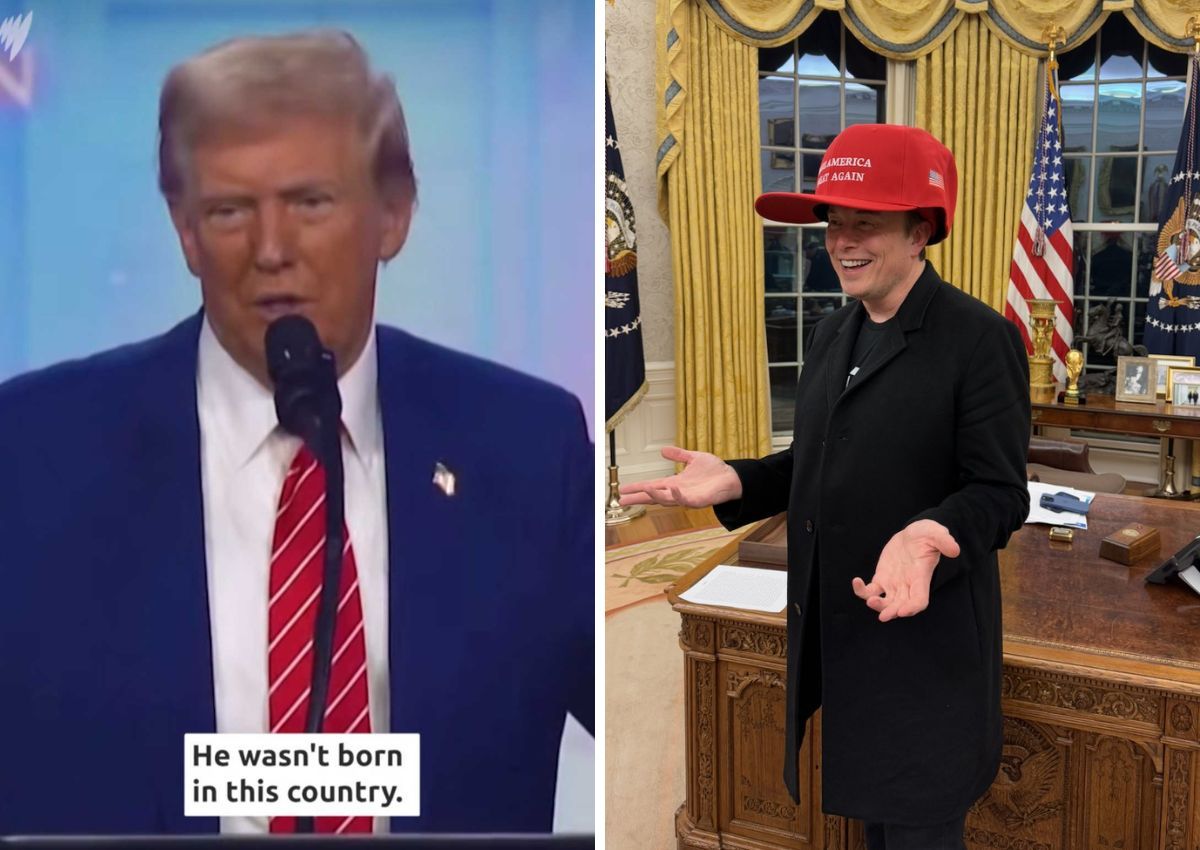ANC factions clash over the future of the GNU, with key figures like Lesufi and Mbalula at the forefront of the growing internal divide.
There are new factions within the ANC after the general elections held last year. These are the pro- and anti-government of nation unity (GNU) groupings, experts say.
New players are driving the new factions, while opposing each other in the heated debate over the composition of the GNU, political analyst Sandile Swana said.
One camp wants the GNU dissolved and the other seeks to deepen the cooperation with the DA in future, rather than go to the left.
One camp wants GNU dissolve, other camp wants deeper cooperation with DA
The power contest brewing between ANC secretary-general Fikile Mbalula and Gauteng ANC chair and premier Panyaza Lesufi would go full steam towards the 2026 local election and in the runup to the ANC elective conference in 2027, Swana said.
But Dirk Kotze, a political scientist from the University of SA, was reluctant to describe it as factionalism.
He believed the Mbalula-Lesufi tiff was not necessarily factionalism, but a natural process in which the groups developed automatically due to their support for particular potential candidates in a pending leadership contest.
ALSO READ: WATCH: Ramaphosa says due processes followed to expel Zuma
But Swana and analyst Goodenough Mashego were adamant the two factions had formed within the ANC due to differences over the GNU.
Mashego said the anti-GNU faction was led by Lesufi and SA Communist Party (SACP) general secretary Solly Mapaila, both vehement opponents of the ANC’s decision to engage the DA in the GNU. Lesufi received a hero’s welcome at the recent SACP special national congress, where Mapaila praised him for his anti-GNU stance.
The party also heaped praises on him during this week’s commemoration of SACP stalwart Joe Slovo’s death, for providing the correct leadership stance on the GNU. Mapaila and Lesufi have openly criticised the ANC for inviting the DA into the GNU.
ANC criticised for inviting DA
Swana said the pro-GNU faction that supported President Cyril Ramaphosa and comprised the ANC Veterans League leadership, opposed a left alliance that involved the EFF, as proposed by the SACP. Instead, it may even want to push for the ANC to merge with the DA in future.
“So there is definitely new personalities but the factionalism is the same. Since 2005, factionalism has been a very strong characteristic of the ANC. We are entering heavy factionalism which will manifest in the next local government election and there will be conflict at the conference of 2027.
“Obviously, the aim of Lesufi and the SACP is to dissolve the GNU as it stands today,” Swana said.
ALSO READ: Zuma is out to ‘kill’ the ANC – experts
Mashego said there was still a remnant of the pro-Zuma radical economic transformation (RET) faction within the current Gauteng leadership, with Lesufi as its leader. Gauteng remained largely an RET area and was opposed to the Ramaphosa-led GNU. Most of the RET remnants were in state deployment positions.
“They would like to join the uMkhonto weSizwe party but do not have the spine to leave the ANC, lest they lose their benefits and positions. But Lesufi and the RET faction still habour intentions to shift the ANC away from the GNU,” Mashego said.
Kotze said Mbalula had an advantage over Lesufi as secretry-general and with his national footprint as former ANC Youth League president. Mbalula also understood the need to establish provincial alliances that would help him rise to a higher level.
Mbalula has advantage over Lesufi
But Mbalula’s main weakness was his “cowboy language” which made him bad presidential material. “Mbalula needs to start sounding and acting like a statesman,” the analyst said.
Lesufi had little hope of success against Mbalula in any contest. Kotze said Lesufi had no national footprint and his support base was limited to Gauteng. Gauteng performed poorly in the 2024 poll which would disadvantage Lesufi if he contested against Mbalula.
“To be elected one needs to have the support of at least three or four big provinces at the ANC elective conference.”
NOW READ: ‘Renew or die’: Reverend Frank Chikane calls for ANC revival amid decline
